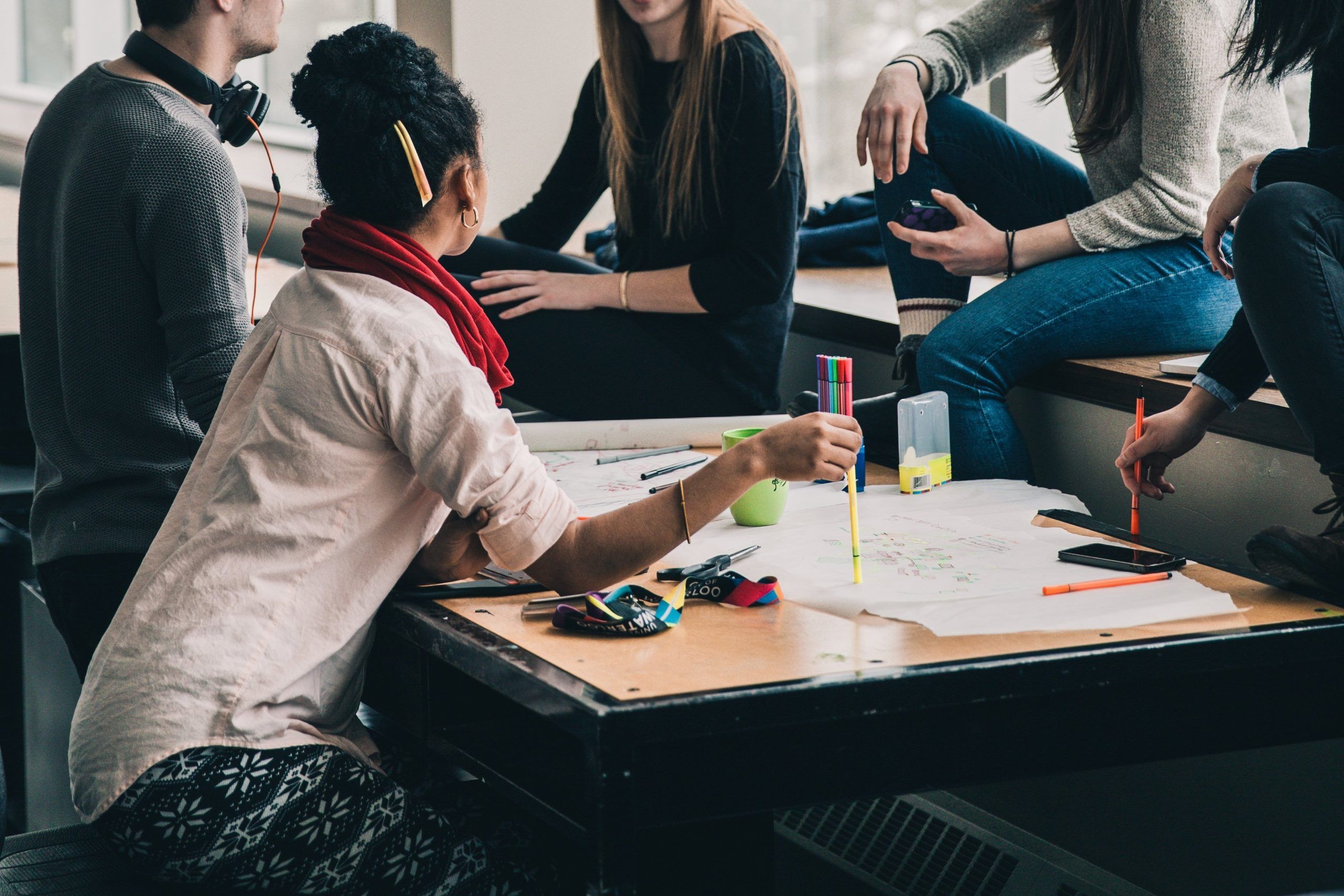Graduating ethnically-Danish students are more likely to go on a gap or sabbatical year compared to classmates with immigrant roots.
A new 2015-17 analysis conducted by Danmarks Statistik reveals that half the graduating students with an immigrant background went on to university immediately, compared to only 19 percent of the ethnically-Danish students.
The study, however, did not provide an explanation for the difference.
Educated parents
The analysis also revealed that students whose parents had a higher education had a greater tendency to go on a sabbatical year (64 percent) as opposed to students whose parents only had a public school education (39 percent).
Students who took a gap year worked about 75 percent of the time, usually in restaurants, supermarkets, department stores and daycare centres. Travelling abroad was also a popular choice.
Among the students who went on a sabbatical, the most popular course of choice was a bachelor’s degree in general business administration.
E-cigarette use highest among young Danes
Only three percent of Danes use e-cigarettes and heated tobacco, but the authorities are still worried because the prevalence is highest among young people. The National Board of Health warned that young people’s brains are particularly vulnerable to the effects of nicotine, urging the government to ban some e-cigarette flavours. It added that e-cigarettes should not be used as a smoking cessation alternative as initial studies show they have harmful health effects. The board’s survey found that 59 percent of those who use e-cigarettes want to quit. They can approach municipalities which offer programs to kick the habit.
First Danish COVID19 patient gets life-saving drug
A coronavirus patient in Denmark was yesterday given a drug hailed to be life-saving for those critically ill with COVID-19. This was the first time the steroid called dexamethasone was used to help treat someone suffering from the virus in the country. The move follows initial clinical trials in the UK that showed that dexamethasone can lower the risk of death for coronavirus patients on ventilators and those requiring oxygen. Dexamethasone is a steroid that has been used since the 1960s to reduce inflammation in certain conditions, according to the World Health Organization. In Denmark, the drug was given to a patient in Hvidovre Hospital on Wednesday.
Aarhus and Aalborg boost cultural ties with Manchester
Culture is not going to be a casualty of Brexit and the Coronavirus Crisis with Aarhus and Aalborg strengthening cultural exchange with Manchester, a city in northern England. The three cities are carrying out a 2019 agreement for joint cultural projects such as a literary festival for young writers, performances in open urban spaces and workshops for musicians. While the closure of borders and assembly bans due to the pandemic led to the postponement of some projects to 2021, officials of the three cities say they would pursue events with the themes ‘Culture and Health’ and ‘Urban Development and Design’.
Coronavirus micro-outbreak in Solrød care centre
A so-called coronavirus micro-outbreak was reported in the municipality of Solrød on the east coast of Zealand where the virus spread in a care home’s dementia department. Jan Pravsgaard Christensen, a professor of immunology at the University of Copenhagen, told TV2 that micro-outbreaks are those concentrated in specific areas such as nursing homes. The micro-outbreak began when an employee got infected after a family member tested positive for the virus. The employee reported to work last weekend and four other staff and one patient have since been infected. They have now been isolated while a total visit ban has been imposed.
Activists raise pesticide problems with soya imports
Environmental NGO Forests of the World has urged action regarding Denmark’s soya imports, raising concern about the harmful pesticides and deforestation in Brazil and Argentina associated with its production. Activists say rainforests are cleared to make room for soya fields while Danwatch reports that pesticide use in Argentina is linked to cancer cases in local adults and children. The food minister, Mogens Jensen, told Danwatch that work on regulating soya imports lies with the EU. In the meantime, he encouraged Danish companies to voluntarily import sustainable soya – a move that researchers say is less effective in reducing deforestation than a mandatory requirement.














